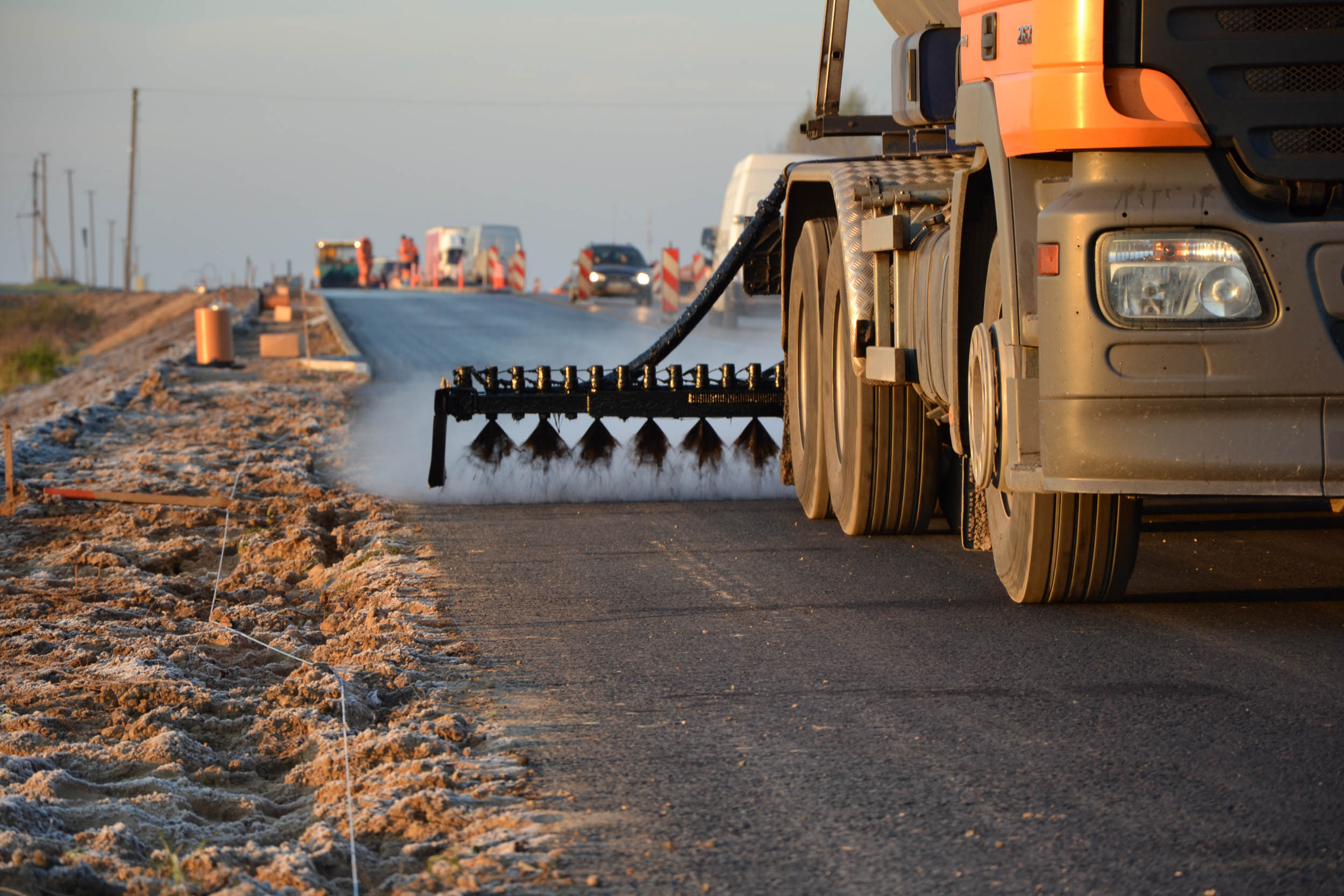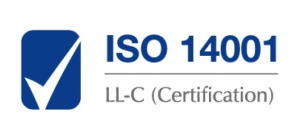ASPHALT EMULSIONS
Emulsions are given from the mixture of two non-miscible liquids, in this case, asphalt and water, thanks to a process of an aqueous phase and cationic emulsifiers that are capable of generating a variable stability that adjusts to the buyer’s need. Among the most popular are CRL-1, CRR-1, CRM asphalt emulsions.
An emulsion can be defined as a dispersion of two non-miscible liquids, where one of them (dispersed or discontinuous phases) is dispersed throughout (continuous or dispersing phase) in the form of drops whose average diameter can vary from a few microns to 14 – 16 microns.
The general properties of an emulsion are those of a hydrocarbon binder that has viscosity, cohesion, adhesiveness and stability. In the stability of emulsions we have to distinguish three phenomena called Sedimentation – Flocculation – Coalescence
APPLICATIONS:
- They are used to make dense cold mixes and to prime the hot mix facility.
- For stabilization of roads and soils -Gravaemulsion-.
- They are used to make Slurry Seal and micro pavements.
- They are used in single and double surface treatments.
- To perform road sealing with a mixture of sand and asphalt.
- They are used in the preparation of open mixes and micro-agglomerates.

WE ARE CERTIFIED



